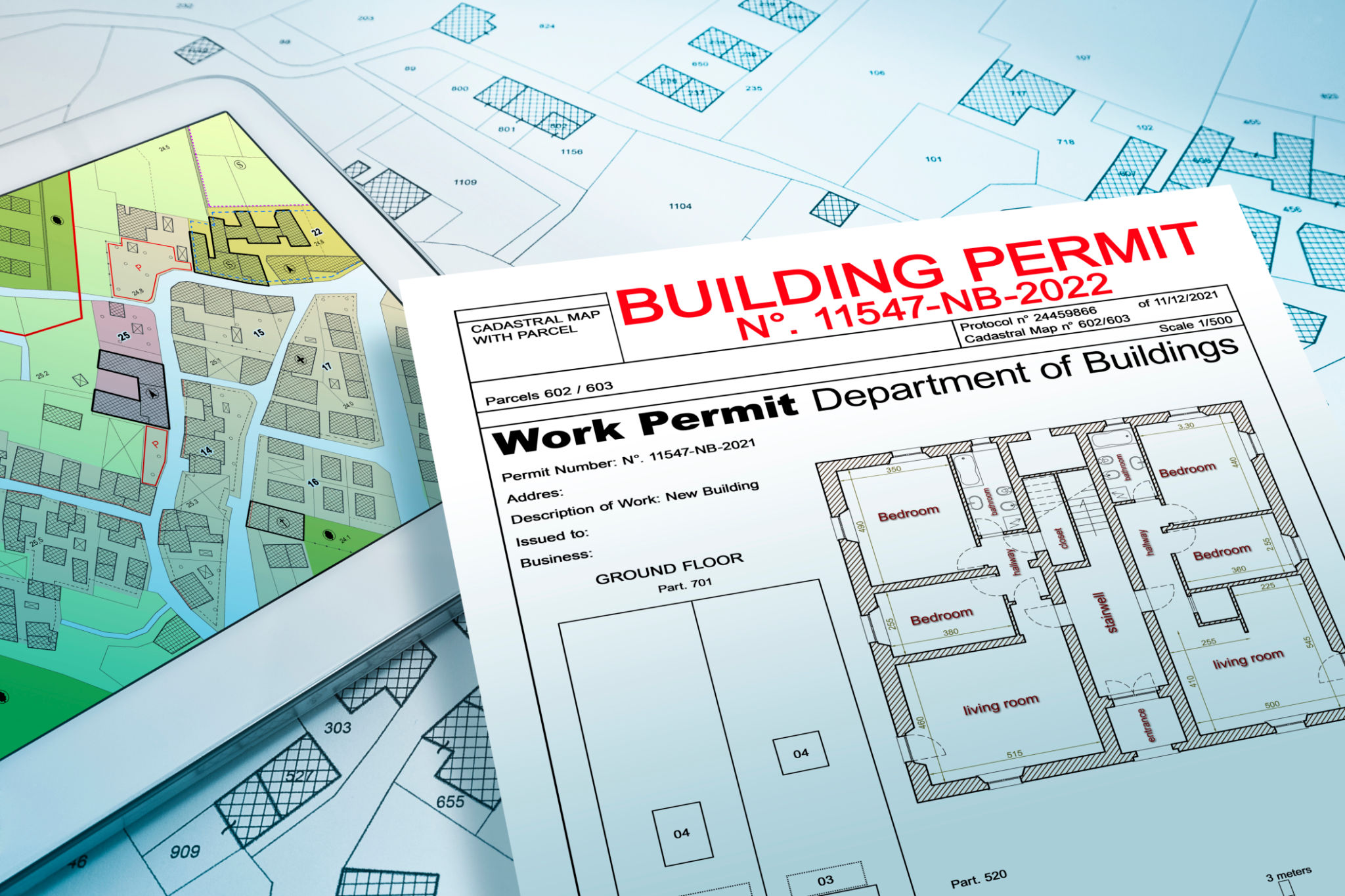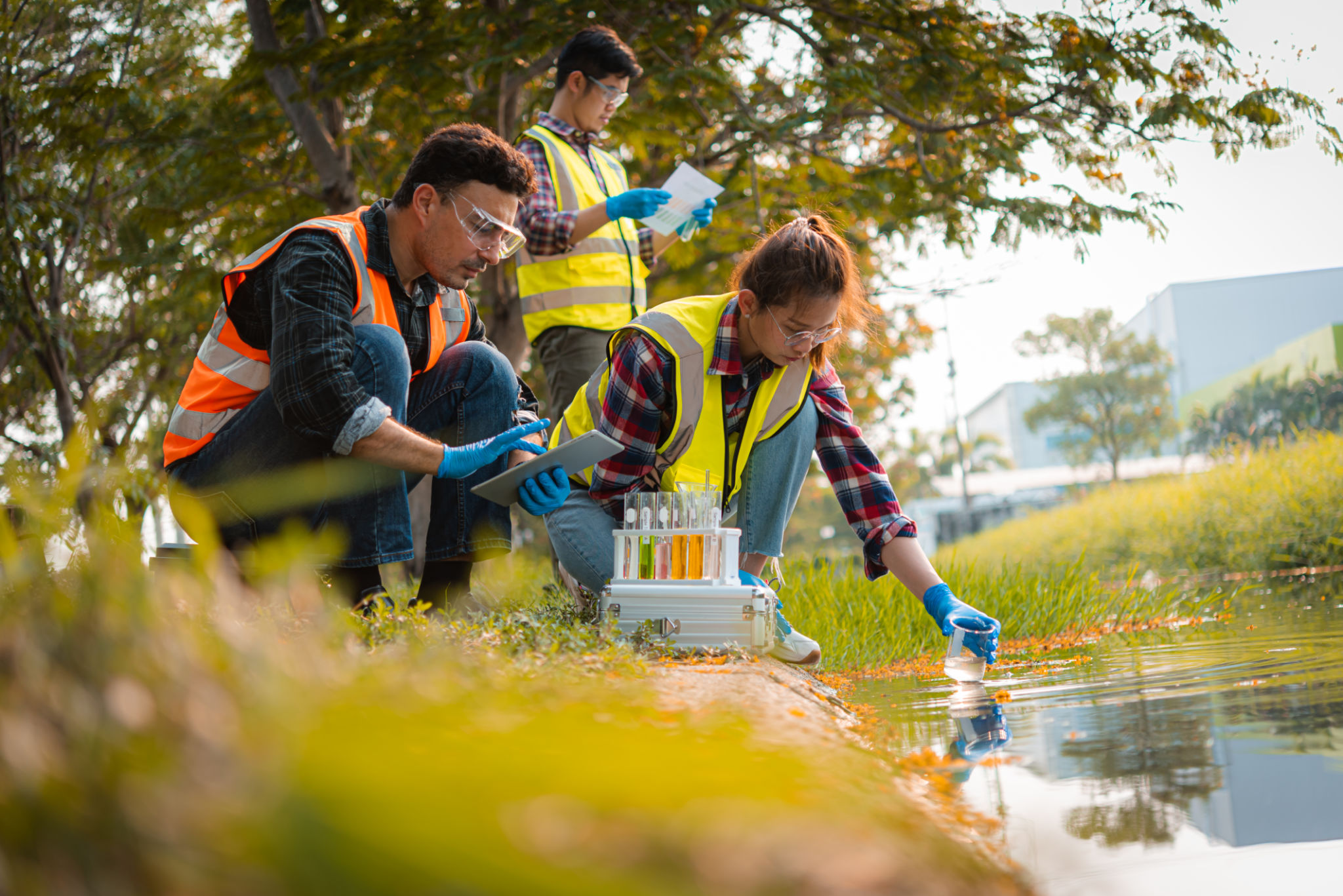Land Development and Acquisition in Texas: Strategies and Insights
Understanding the Land Development Process in Texas
Land development in Texas is a thriving industry, driven by rapid population growth and economic expansion. Understanding the nuances of land development and acquisition is crucial for investors and developers aiming to capitalize on this lucrative market. The process involves a series of steps, including due diligence, zoning, environmental assessments, and obtaining necessary permits.
In Texas, the regulatory framework can vary significantly depending on the location. Urban areas like Austin, Dallas, and Houston have more complex zoning laws compared to rural regions. Familiarizing oneself with these regulations is essential for a smooth development process.

Key Strategies for Successful Land Acquisition
Acquiring land in Texas requires strategic planning and a keen understanding of the market dynamics. Here are some key strategies to consider:
- Market Research: Conduct thorough research to identify areas with high growth potential. Factors such as proximity to major highways, schools, and commercial centers can significantly influence land value.
- Networking: Building relationships with local real estate agents, landowners, and government officials can provide valuable insights and opportunities.
- Financial Planning: Secure financing options and ensure you have a clear budget outline. This includes considering costs related to land preparation, construction, and potential delays.
Insights on Zoning and Permitting
Zoning laws in Texas play a pivotal role in land development. These regulations determine how a piece of land can be used, whether for residential, commercial, or industrial purposes. Understanding the zoning requirements is essential to ensure that your development plans align with local regulations.
Obtaining permits can be a time-consuming process. Developers should start this process early to avoid delays. Working with local experts or consultants who understand the intricacies of local zoning laws can be beneficial.

Environmental Considerations in Land Development
Environmental assessments are a crucial part of the land development process in Texas. Developers must evaluate the ecological impact of their projects and comply with state and federal environmental regulations. This includes considering factors like water resources, endangered species, and air quality.
Conducting these assessments early in the process can help identify potential challenges and reduce the risk of costly delays or legal issues. Engaging with environmental consultants can provide valuable guidance and ensure compliance with all necessary regulations.

The Role of Technology in Modern Land Development
Technology is transforming the landscape of land development in Texas. Innovations like Geographic Information Systems (GIS) and Building Information Modeling (BIM) enable developers to visualize projects more accurately and assess potential risks.
These tools also facilitate better communication among stakeholders, allowing for more efficient project management. Embracing technology can lead to smarter decision-making and streamlined processes in land development projects.
Future Trends in Texas Land Development
Looking ahead, several trends are poised to shape the future of land development in Texas. Sustainable development practices are gaining traction as developers increasingly focus on minimizing environmental impact while maximizing efficiency.
Additionally, the rise of mixed-use developments that combine residential, commercial, and recreational spaces is becoming more popular. These projects cater to a growing demand for convenience and integrated living experiences.

In conclusion, navigating the complexities of land development and acquisition in Texas requires a combination of strategic planning, regulatory knowledge, and technological innovation. By staying informed and adaptable, developers can successfully tap into this dynamic market and contribute to the state's continued growth.
